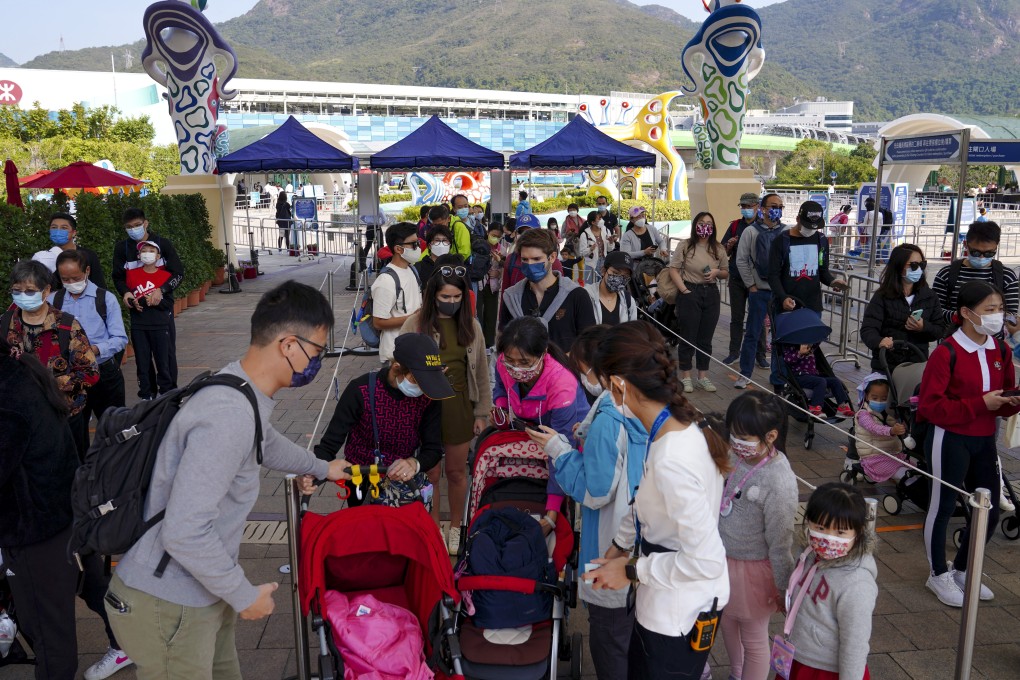Opinion | Why sound science, not incentives, will get Hong Kong’s coronavirus vaccinations on track
- Discussions around vaccinations focus on incentives, which are meant to get people to do something that does not benefit them
- Instead, authorities should make it clear those vaccinated pose little risk to society and face no further infringements of liberties on public health grounds

An incentive is something offered to to motivate someone to do something that doesn’t otherwise benefit them. For instance, an employee might be offered a bonus for working overtime if, without it, there is no rational reason for them to do so.
The primary benefit of the vaccine is it protects the recipient and their close contacts. Thus, there is no reason for authorities to explore unrelated incentives or rewards, any more than they should reward individuals for exercising, washing their hands, brushing their teeth or putting on a seat belt.
The correct action is to acknowledge that, based on studies involving the BioNTech vaccine, the vaccinated now pose minimal risk to society. As such, without very good explanation, any infringement of their liberties on public health grounds can no longer be justified.
